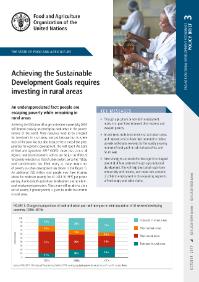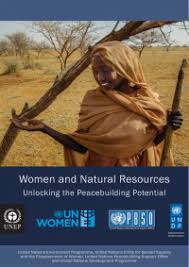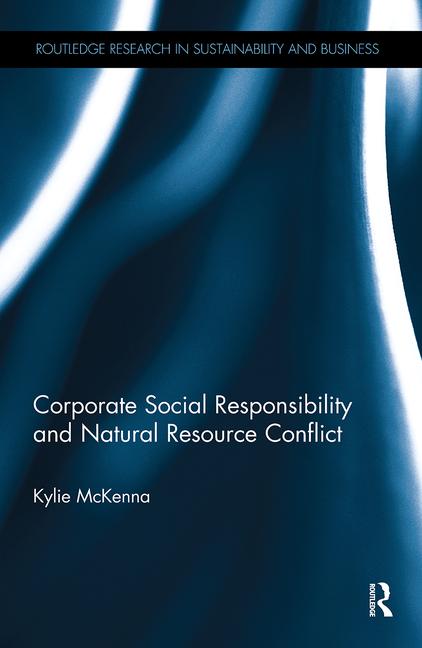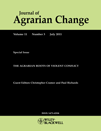Achieving the Sustainable Development Goals requires investing in rural areas
Rural-based economic activity can be just as effective for poverty reduction as that of urban sectors. Since the 1990s, rural transformation has lifted nearly as many people out of poverty as urban development. Many more will be able to climb out of poverty if greater priority is given to public investments in rural areas.









